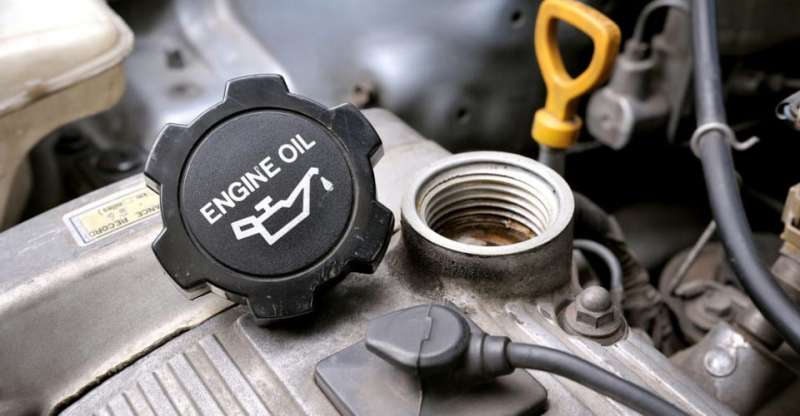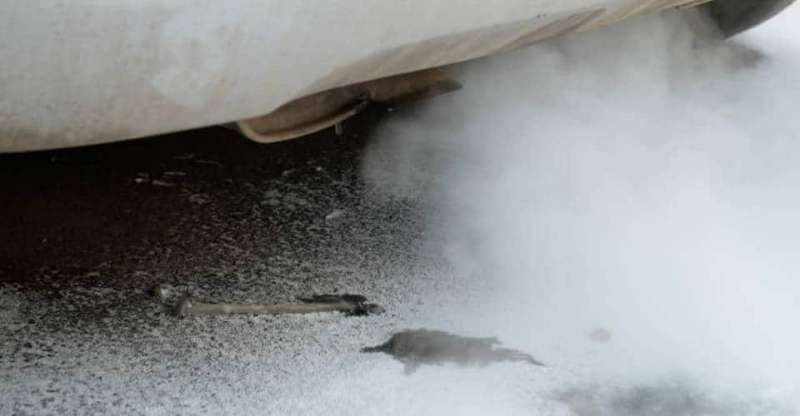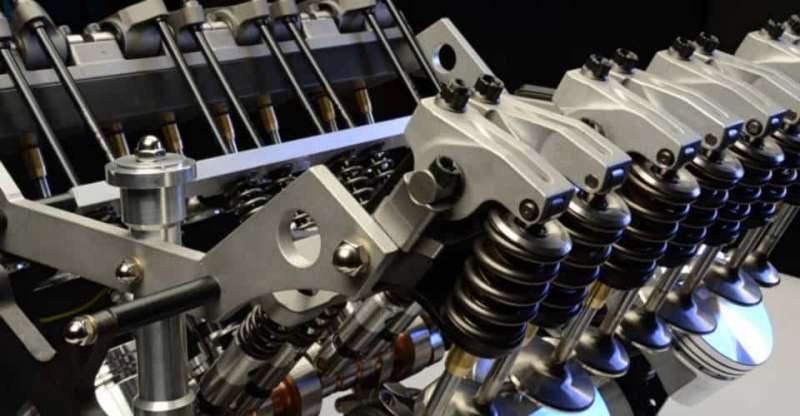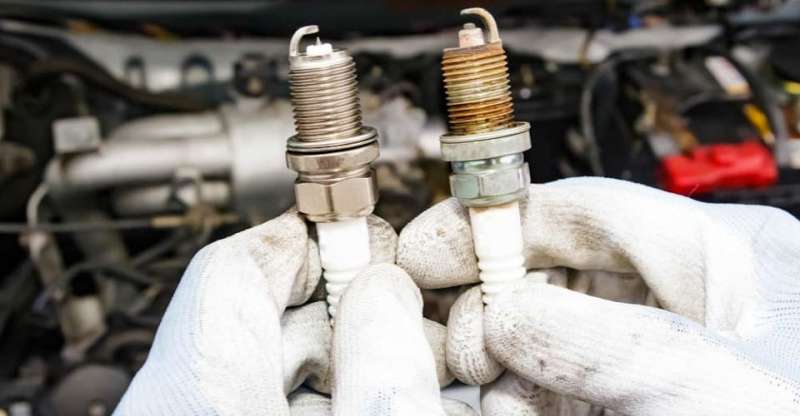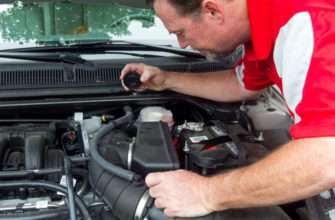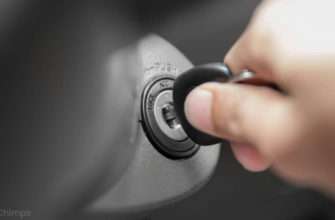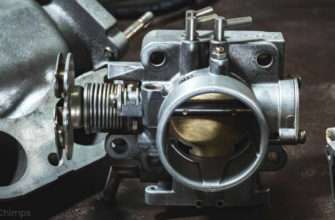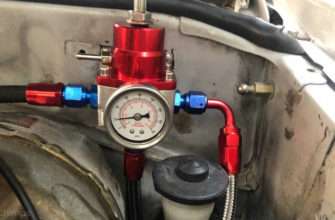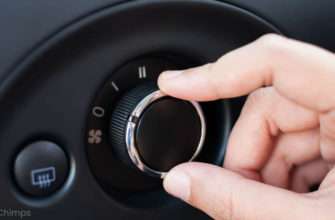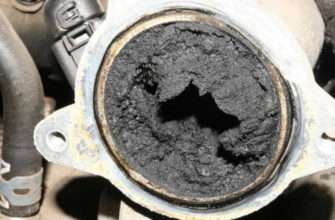If you car make a ticking noise when accelerating? Don’t worry, this guide helps you identify the problem and explains how to fix it. Car enthusiasts will tell you that one of the best things about driving a car is hearing the sound of the engine roaring. Unfortunately, that “roar” can sometimes include a ticking noise that isn’t supposed to be there. If your vehicle produces a ticking noise when accelerating, it may be due to a fault in one of the following components:
- Oil pressure
- Exhaust leaks
- Valvetrain
- Spark plugs
This guide will take a look at all of these potential problems, with tips on how to diagnose the issue and potentially fix it. Let’s get started!
Low Oil Pressure
One of your most important tasks as a car owner is to ensure your car always has access to sufficient oil to lubricate all the moving parts of the engine. Low oil pressure can be devastating to your engine as its metal parts will hit each other with significant friction, leading to irreversible damage.
As the metal parts hit each other, a ticking sound might be heard. The noise can be heard when the car is stationary but will be exacerbated when accelerating as the engine parts move more quickly.
How To Fix
First, be sure to fill your car’s supply of engine oil. If you recently replenished the oil, check that there are no leaks, which will deplete your oil more quickly than normal. Make sure the oil filter is replaced after every oil change, which should be done in regular intervals. Low oil pressure could be due to a clogged oil filter, leaks, or simply an inadequate amount of engine oil present.
Exhaust Leaks
When the fuel is combusted, it has to be expelled in a controlled manner. If there is a leak in the exhaust manifold, a ticking noise could be produced. An exhaust leak can occur anywhere in the exhaust system. However, if the leak is in the exhaust manifold, it may present itself as a ticking noise from the engine compartment.
How To Fix
It might sound serious to have an exhaust leak, but it is a fairly simple procedure to fix it. The leak can simply be “patched up” by a mechanic. If it turns out the exhaust manifold gasket is leaking, it can be replaced at a relatively cheap cost.
Faulty Valvetrain
The engine consists of many valves that each form part of the synchronous mechanisms of the engine. The valvetrain controls the intake and exhaust valves.
If the valvetrain or the valves themselves are faulty, a ticking noise might be heard as the valves are not correctly adjusted. The engine will be prone to misfires, and you could experience decreased power when accelerating. This problem mostly occurs in high mileage cars or cars that have not been properly serviced.
How To Fix
Adjusting the valvetrain is not a very complicated job and can be done as a DIY project if you have the necessary tools and patience. If you decide to let a professional fix it, it will cost you about $80 to $150.
Bad Spark Plugs
Spark plugs that do not work properly, much like misaligned valves, will cause the engine to misfire. If you have recently changed your spark plugs and hear a ticking sound, it’s possible that the spark plugs were incorrectly installed.
Whatever the cause, spark plugs seal each respective cylinder. If a spark plug is loosely fitted or cracked, the combustion and exhaust gases can bypass the seal, causing a ticking noise. In a worst-case scenario, the spark plugs may damage the cylinder head threads which requires a replacement.
How To Fix
If the spark plugs are found to be bad, a simple replacement should do the trick. Sometimes, the only problem is that they are loosely fitted, in which case it is enough to tighten them. If it turns out that the spark plug has damaged the cylinder head threads, it must be either replaced or repaired which unfortunately can become an expensive scenario.
Summary
A ticking noise when accelerating can be caused by many things. It is important to find the root of the problem as there is a risk that the engine will be damaged, making the repair bill greater than it would have been originally.
In most cases, the cause is oil pressure, exhaust leaks, spark plugs, or the valvetrain. Each of these problems becomes apparent when accelerating as the sounds are amplified when the engine’s RPM increases. Fixing these issues won’t cost much, but be sure to determine the cause of the problem as soon as possible!

